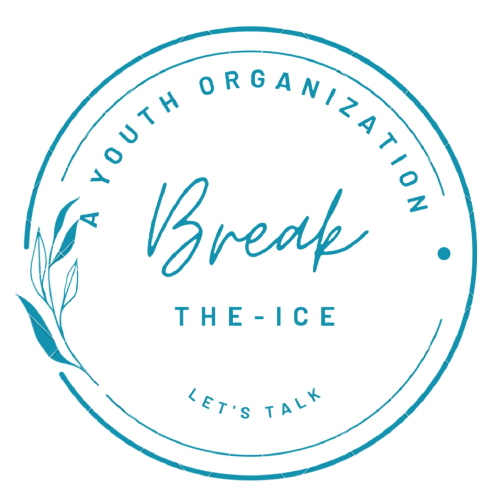
Stress in different age groups
When you read the word “stress”, what comes to your mind? I mean I think it is obvious that a taxing or difficult affair has just crossed your mind. It could be an assignment due this week, it could be a job interview or something as simple as meeting new people. The point is that contrary to popular belief, stress is not limited to any age, it begins with children or as we now refer to them the Gen-Z and goes up to the elderly or well the boomers. The global average for millennials, who now range in age from 18 and 34 years old, by comparison, is 86 per cent which is an alarming statistic, especially for a nation that thrives on relaxation techniques like mindfulness, meditation and yoga.
A natural outcome of the pandemic has been that the stress levels have increased for people, especially those in the millennial and Gen-Z category, for whom work-from- home routine and long working hours along with the absence of social life have caused immense mental pressure. The reasons or the factors of stress may vary among the different age groups since they are in different phases of life and life as we know enjoys throwing a myriad of problems at us at these stages and well stress might just be the force that prepares us to deal with the problem at hand.
Teens/children- Starting with children. Most of the time, children undergo stress because of academics, low grades, not making enough friends or even not meeting their parent's expectations.
In teenagers, the situation is even worse. A lot of teenagers are prone to panicking and stress because of peer pressure, body image issues, relationship issues, and identity formation. The impact of social media on this generation has also had an effect on them. With highly engaging platforms like Instagram, Snapchat and Facebook, the need to live up to a certain perceived social media lifestyle is high. And the inability to match these standards leads to stress and anxiety and well who amongst us hasn’t been there right? Or maybe some of us are dealing with it right now. But the beauty of this is you get through it, and soon it will be a lesson for your life. So, hang in there people!
Adults:
(a)College-Going - Young adults or college-going students experience an all-new phase
of life. From their first day in college (which seems to be a whole new world) to then
applying for jobs. Many adults also find it difficult to meet new people in an all-new
setting. Another major factor that’s adding fuel to the fire is financial worries.
(b) Working Class - For working-class people, their reasons for every day's stress is different. Loss in business, time-management issues, workload and duration, low salary, partiality and discrimination and lack of recognition are some examples. Work has been cited by millennials as the main trigger causing their stress. After logging long working hours they find it hard to juggle work and personal life. Millennials prefer jobs that help boost their personal as well as professional skills. But when their work doesn’t allow that, it makes them dissatisfied and can lead to stress.
3. Senior citizens- We often do realize the reasons for stress among adults but we tend to forget them when it comes to old-age people… These reasons can be a change of lifestyle and financial status after retirement, looking after grandchildren, being lonely after the death of a spouse, death of other relatives or even close friends, deterioration of physical abilities, worries for not being able to live independently.
So, in conclusion, no matter what age you are, you still experience stress, but some groups seem to have higher levels of it. Stress pushes you to change, to fight, to grow and to adapt. All life events, even good ones, cause a certain degree of stress. Stress can be positive in the way that it can motivate you to not only do better on tests, work and events, but can also push you to your fullest potential. Another way stress can be beneficial it prepares you for any future adversities that may strike and trains u to overcome stressful and difficult situations with ease.
To sum it up yes stress can be good it can be the fueling force that makes you strive and thrive in this world. But Stress can have grave implications on the health and well-being of an individual as well and over a long period, it can also result in depression and general anxiety disorders. Hence it becomes imperative for us to foster open and inclusive workplaces and educational institutions wherein people feel comfortable bringing forth any challenge they are facing and even make this place of social media safer, better and judgement-free!
